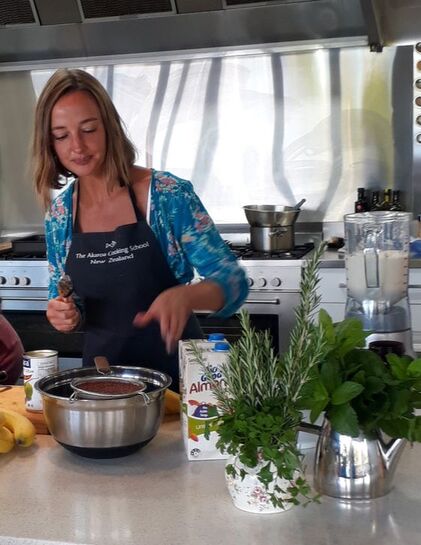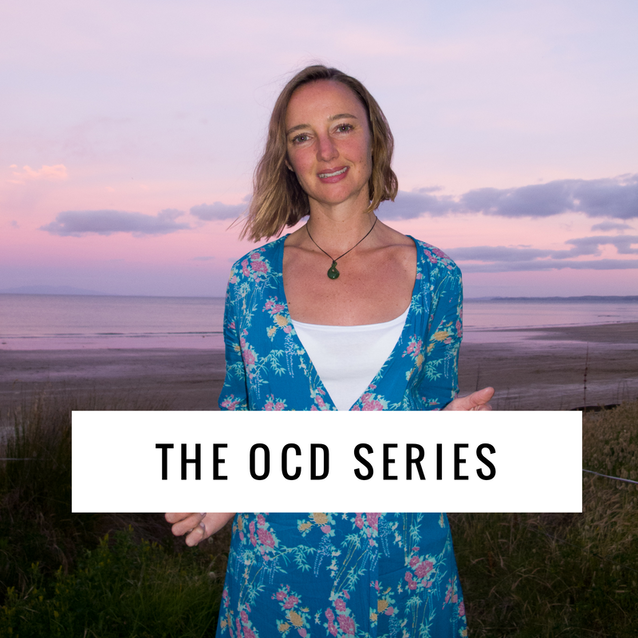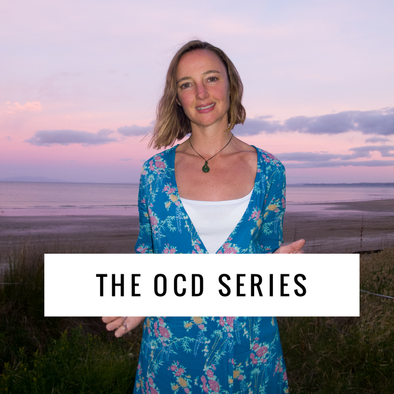|
I lived with moderate to severe OCD for 20 years. It eventually became so debilitating that leaving my house became a struggle. After finally deciding enough was enough and committing to working on all aspects of my mental and physical health in my early 30s, I experienced 80–90% reduction in my symptoms of OCD.
Nutrition was one of the tools that helped most. This led to me studying to become a nutritionist, and eventually writing my ebook, Nutrition for Your OCD Recovery. It’s available in Kindle and pdf formats here. The previous three articles in The OCD series focused on nutritional tools that support your mental health. Yet nutrition is not the only tool for recovering from OCD, though it is an important one. This article will discuss the role of childhood trauma in OCD. Before we go further, I'd like to say – the information in this article won't be relevant for all of you. Not everyone affected by OCD will have experienced childhood trauma. If this article doesn't strike a chord for you, I invite you to look at the other articles in The OCD Series.
0 Comments
 November 1, 2010 "Since I started drinking the herbal liver tea, cut out caffeine and started taking flaxseed oil with protein foods, I have felt more energetic, calmer, and I fall asleep much easier and wake feeling great. And I don’t feel like crap if I do have to get up early. My stomach is now flat and I feel slimmer. I still have OCD thoughts, but not for quite as long as I did previously, and not as intensely." The paragraph above is from an email I sent my Naturopath in the first month I began working on my OCD recovery (November 2010). I’m Francesca Eldridge, and I lived with moderate to severe OCD for 20 years. It eventually became so debilitating that leaving my house became a struggle. After finally deciding enough was enough and committing to working on all aspects of my mental and physical health in my early 30s, I experienced 80–90% reduction in my symptoms of OCD. Nutrition was one of the tools that helped most. This led to me studying to become a nutritionist, and eventually writing my ebook, Nutrition for Your OCD Recovery. It’s available in Kindle and pdf formats here. The previous two articles in The OCD series looked at how protein and nourishing fats support your nervous system and mental health. This article will discuss the importance of ensuring your body can digest and use those fats.  I lived with moderate to severe OCD for 20 years. It eventually became so debilitating that leaving my house became a struggle. After finally deciding enough was enough and committing to working on all aspects of my mental and physical health in my early 30s, I experienced 80–90% reduction in my symptoms of OCD. Nutrition was one of the tools that helped most. This led to me studying to become a nutritionist, and eventually writing my ebook, Nutrition for Your OCD Recovery. It’s available in Kindle and pdf formats here. In this article, I discuss the types of fats that nourish your nervous system and your mental health. And I'll share how mega-dosing with supplemental omega 3 supported my recovery from OCD.  Welcome to the first article in The OCD Series! I lived with moderate to severe OCD for 20 years. It eventually became so debilitating that leaving my house became a struggle. After finally deciding enough was enough and committing to working on all aspects of my mental and physical health in my early 30s, I experienced 80–90% reduction in my symptoms of OCD. Nutrition was one of the tools that helped most. This led to me studying to become a nutritionist, and eventually writing my ebook, Nutrition for Your OCD Recovery. It’s available in Kindle and pdf formats here. This article looks at the role of protein in your neurotransmitter production and mental health. |
